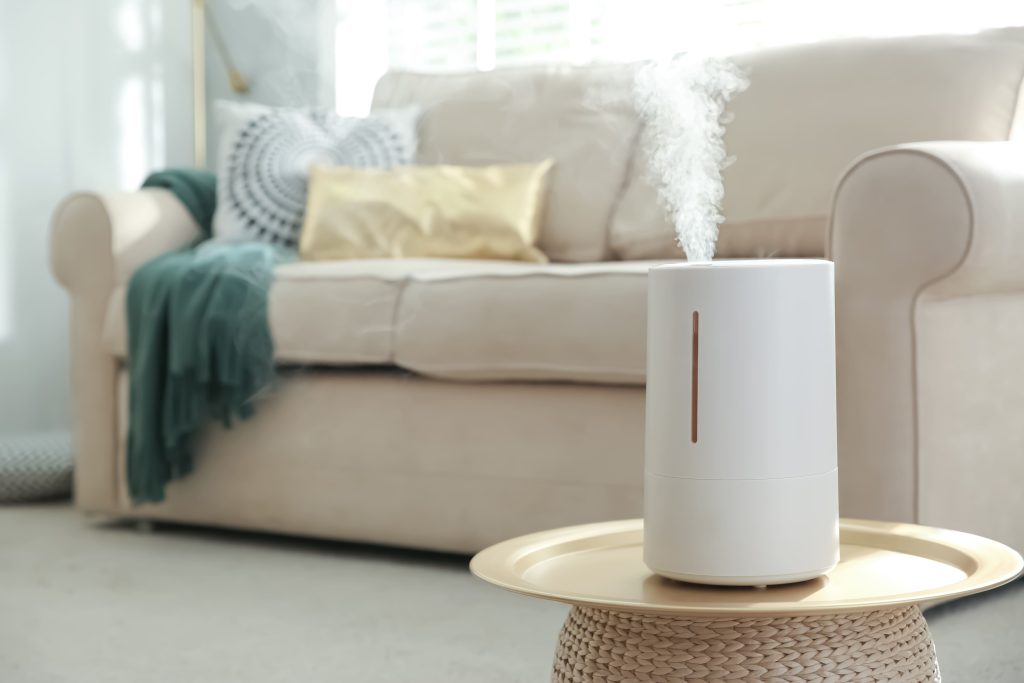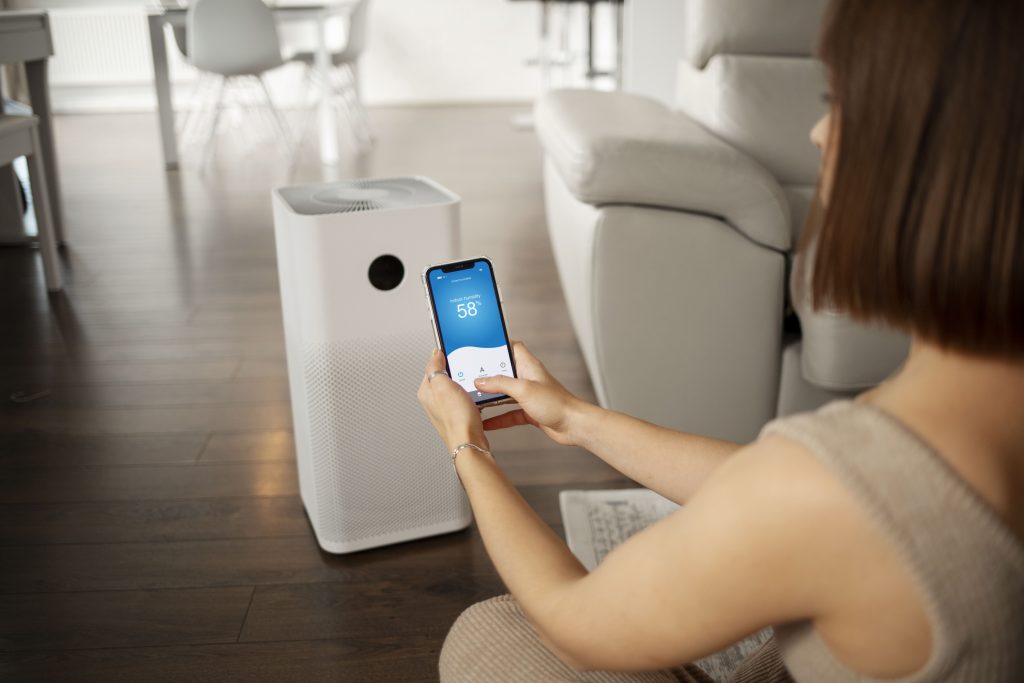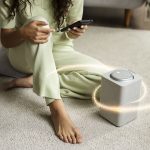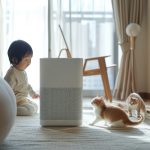Indoor comfort depends on two major factors: air quality and humidity levels. Many people search for the difference between an air humidifier vs purifier, but these devices serve very different purposes. An air purifier cleans the air by removing pollutants, while a humidifier restores moisture to balance indoor dryness.
In this guide, we’ll break down their key differences, explain the health benefits of each, and share practical tips to help you decide whether you need one, the other, or even a two-in-one combo.
What Is an Air Purifier?
An air purifier is designed to remove harmful or irritating particles from indoor air. Most modern units use:
- HEPA filters to trap dust, pollen, and pet dander.
- Activated carbon filters to absorb odors, smoke, and VOCs.
- Optional technologies like ionizers, UV-C light, or photocatalytic oxidation for added protection.
Benefits of air purifiers:
- Reduce allergy and asthma triggers.
- Minimize smoke, cooking odors, or chemical smells.
- Lower airborne bacteria and viruses.
- Improve overall indoor air quality in polluted environments.

What Is a Humidifier?
A humidifier increases moisture in dry air. Common types include ultrasonic, evaporative, and warm mist humidifiers.
Benefits of humidifiers:
- Relieve dry skin, itchy eyes, and cracked lips.
- Reduce throat irritation, coughing, or nasal discomfort.
- Create a more comfortable climate in winter or air-conditioned rooms.
- Help preserve wooden furniture, floors, and indoor plants.
Air Humidifier vs Purifier: Key Differences
| Aspect | Air Purifier | Humidifier |
|---|---|---|
| Function | Removes airborne pollutants. | Adds moisture to dry air. |
| Best For | Allergies, asthma, pollution, smoke. | Dry climates, winter heating, air-conditioned rooms. |
| Health Impact | Cleaner air, fewer allergens, reduced illness risk. | Relief from dryness, better comfort, healthier skin. |
| Limitations | Needs regular filter replacement; doesn’t affect humidity. | Needs frequent cleaning; excess humidity can cause mold. |
Do You Need Both? The Smart Choice of a Combo Unit
In many homes, both air purification and humidification are necessary.
- Urban polluted & dry winter climates: A purifier removes pollutants, while added humidity restores comfort.
- Households with children or elderly: Cleaner, moister air reduces respiratory irritation.
- Air-conditioned offices or heated homes: Purifiers cut dust and VOCs, humidifiers ease dryness.
Instead of managing two devices, a two-in-one air purifier and humidifier combo delivers both functions in one unit. HOKO’s integrated models combine true HEPA filtration, activated carbon, and intelligent humidity control. The result is cleaner, fresher air that feels comfortable year-round, with fewer devices to maintain and lower energy use.

How to Choose the Right Device
Evaluate your environment
- High pollution → purifier first.
- Dry climate or heated/air-conditioned rooms → humidifier first.
Consider room size
- Match CADR (for purifiers) or mist output (for humidifiers) to your space.
Check noise levels
- Bedrooms and nurseries need quieter models.
Think about maintenance
- Purifiers require filter changes.
- Humidifiers need regular cleaning to prevent bacteria buildup.
Balance costs and benefits
- Include purchase price, replacement filters, and cleaning effort.
Conclusion
An air purifier and an air humidifier are not interchangeable — they solve different problems. If your concern is pollutants like dust, smoke, or allergens, go for a purifier. If dry air is the issue, a humidifier will bring comfort. In many cases, using both ensures the cleanest and most comfortable indoor air possible.
By understanding the air humidifier vs purifier comparison, you can make a smart, health-focused choice for your home or workplace.


